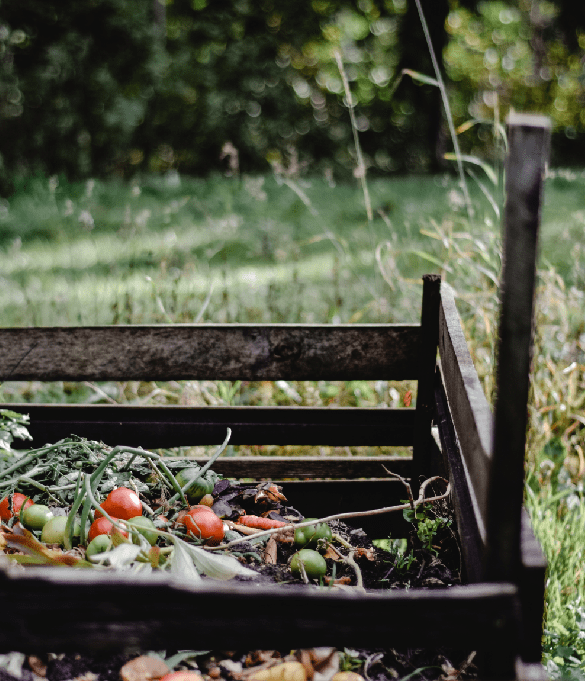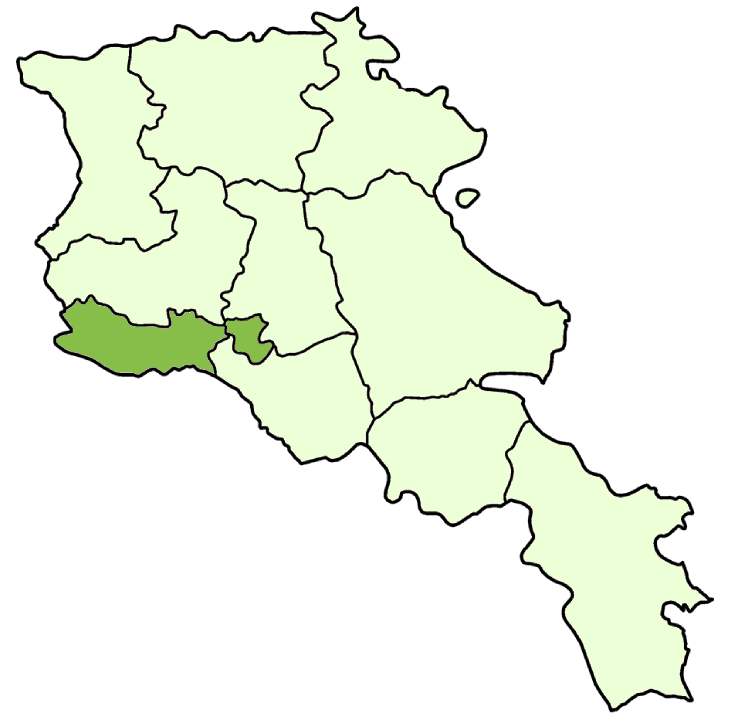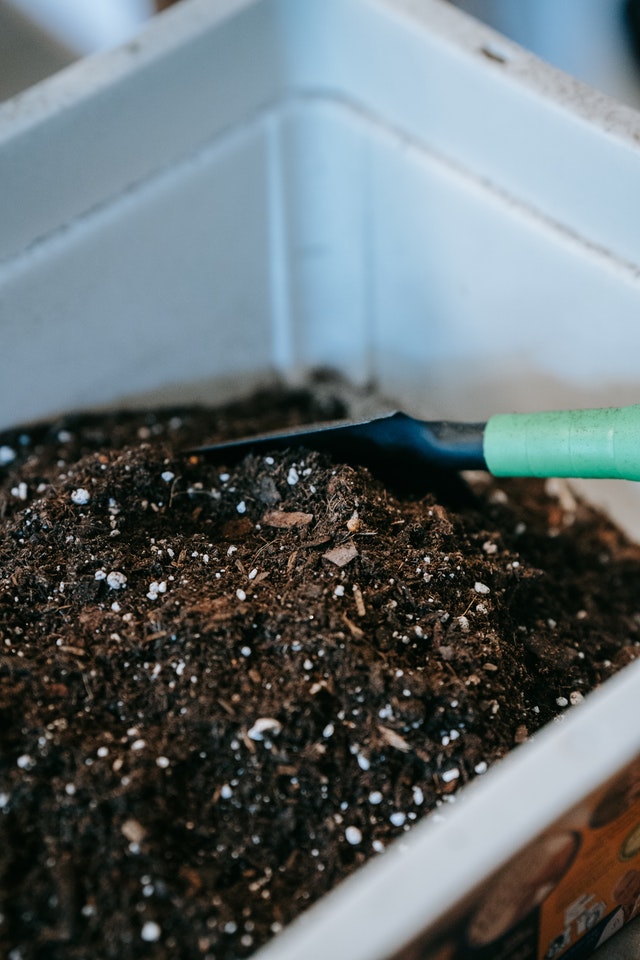Let's
Feed the Soil
The project aims at increasing public awareness about the proper organic waste management practices and creating new business opportunities in composting for urban settlements.


Ongoing
Thanks to the support UNDP GEF Small Grants Programme, ISSD NGO launched a new project called “Compost Academy.”




The problem
The climate change is real! One of the reasons of the change is wrong management of organic waste including food and garden waste. Globally, 1/3 of food goes to landfills, says the research made by the UN. According to the research conducted by American University of Armenia over 50% of waste which ends up in the landfills is organic. When organic waste rots in a wrong environment such as landfills, it emits methane which the U.S. Environmental Protection Agency (EPA) says is 20 times more dangerous for environment than carbon dioxide (CO2) and that leads to climate change and can cause spontaneous gas fires.
Composting is an effective solution to partially solve one of the greatest concerns in many communities – filled and unsensitized landfills.
Duration & Location

The project was launched in August, 2021 and is anticipated to last till July, 2022.
The project activities will take place in Yerevan and Armavir․
In case of right management of organic waste, it can turn into a high-value fertilizer, which enriches soil, helps retain moisture and suppresses plant diseases and pests.

Steps
The following steps are required for solving the issues:
- Creating small composting workshop stations in 5 selected schools/educational institutions by:
- Installing composting bins/building composting sites;
- Organizing educational activities;
- Introducing entrepreneurship ecosystem.
- Increasing public awareness through promotional campaigns and composting activities in the selected communities by:
- Mapping of areas to start composting;
- Developing composting areas;
- Disseminating promotional materials;
- Monitoring and developing “know how” case study.
- Piloting organic waste composting in 10 organizations and developing proposal to be provided to the government of Armenia by:
- Installing composting bins;
- Organizing educational activities;
- Monitoring and reporting;
- Developing case study.

Expectations
The following changes are anticipated:
- 5 educational institutions have waste composting workshop stations;
- Up to 500 students of selected institutions have undergone special training program (direct beneficiaries), while other students bring organic waste to the station;
- Overall, 50,000 people have been reached and have become aware about issues related to landfills and organic waste;
- Composting bins are installed in at least 10 organizations/offices;
- At least 20t of organic waste has been collected;
- People who have undergone through educational training courses have become more responsible consumers;
- Emission of methane gas and spontaneous gas fires in landfills have decreased because less amount of organic waste has gone to landfills;
- Less toxic elements have ended up in the water and soil because less chemical fertilizers have been used for growing food;
- More people have decided to have a composting sites in their households.

